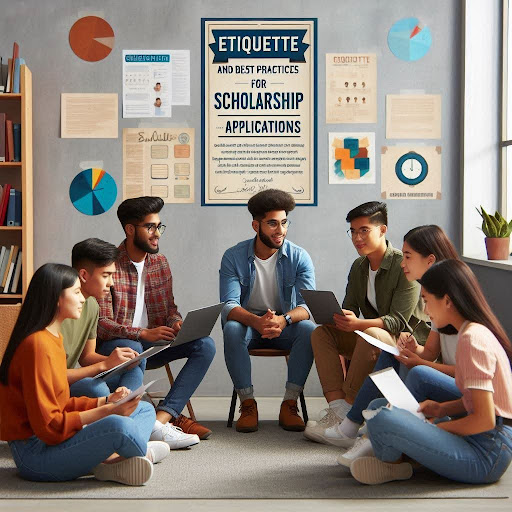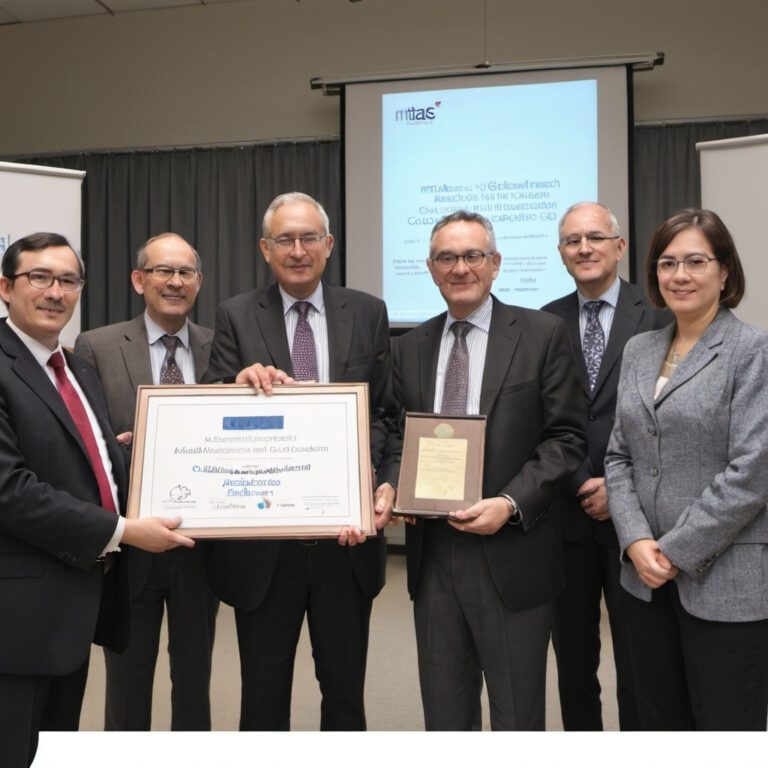Following Up On Your Scholarship Applications: Etiquette And Best Practices
Applying for scholarships can be a rigorous process, and following up on your applications is a critical yet often overlooked step. Proper follow-up can demonstrate your professionalism, reiterate your interest, and potentially set your application apart. Here’s a comprehensive guide to help you navigate this process with etiquette and effectiveness.
1. Understanding the Importance of Follow-Up
Following up on your scholarship applications shows that you are organized, proactive, and genuinely interested in the opportunity. It can also clarify the status of your application, ensure all materials were received, and address any potential issues early on.
2. Timing Your Follow-Up
Timing is crucial. You don’t want to appear impatient, but you also don’t want to miss out on any updates. Generally, it’s advisable to wait about two weeks after the application deadline before making your first inquiry. If the scholarship provider has specified a timeline for responses, respect that and plan your follow-up accordingly.
3. Crafting a Polite and Professional Follow-Up Email
When composing your follow-up email, it’s essential to be concise, respectful, and professional. Here’s a template you can use:
Subject Line: Follow-Up on [Scholarship Name] Application
Body:
“`
Dear [Scholarship Committee/Recipient’s Name],
I hope this email finds you well. My name is [Your Name], and I recently applied for the [Scholarship Name] on [Date of Application]. I am writing to inquire about the status of my application and to confirm that all required materials were received.
I am very excited about the opportunity to be considered for this scholarship as it aligns perfectly with my academic and career goals. If there are any additional documents or information needed, please let me know.
Thank you very much for your time and consideration.
Best regards,
[Your Full Name]
[Your Contact Information]
“`
4. Following Up by Phone
While email is often the preferred method, some situations may warrant a phone call. If you decide to call, prepare a brief script to keep the conversation focused and professional. Remember to introduce yourself, mention the scholarship, and ask politely about the status of your application.
5. What to Do If You Don’t Get a Response
If you don’t receive a response after your initial follow-up, wait another week before sending a second email. If there’s still no reply, it’s acceptable to make one final follow-up. After that, it’s best to respect the committee’s time and move on.
6. Expressing Gratitude
Regardless of the outcome, always express gratitude. If you receive the scholarship, send a thank-you note. If you don’t, thank the committee for considering your application. This leaves a positive impression and maintains good relations for future opportunities.
7. Dos and Don’ts of Scholarship Follow-Up
Do:
– Follow the timeline specified by the scholarship provider.
– Be concise and to the point in your communications.
– Maintain a polite and professional tone.
– Proofread your emails to avoid any grammatical errors.
Don’t:
– Follow up too frequently or too soon.
– Be demanding or express frustration in your communications.
– Use informal language or slang.
– Forget to include your contact information.
8. Additional Tips for Effective Follow-Up
– Stay Organized: Keep track of all your scholarship applications, deadlines, and follow-up dates in a spreadsheet or planner.
– Use a Professional Email Address: Ensure your email address is professional, ideally your name or a variation of it.
– Personalize Each Follow-Up: Tailor each follow-up email to the specific scholarship and recipient. Avoid using a generic template without customization.
– Be Prepared for Any Outcome: Be ready to graciously accept any outcome, whether it’s positive or negative, and use the experience to improve future applications.
Following up on scholarship applications is a critical step that can enhance your chances of success. By being respectful, professional, and timely, you can leave a positive impression on scholarship committees and ensure your applications are given the attention they deserve. Remember, the goal is to demonstrate your interest and professionalism, making you a standout candidate for any scholarship opportunity.







